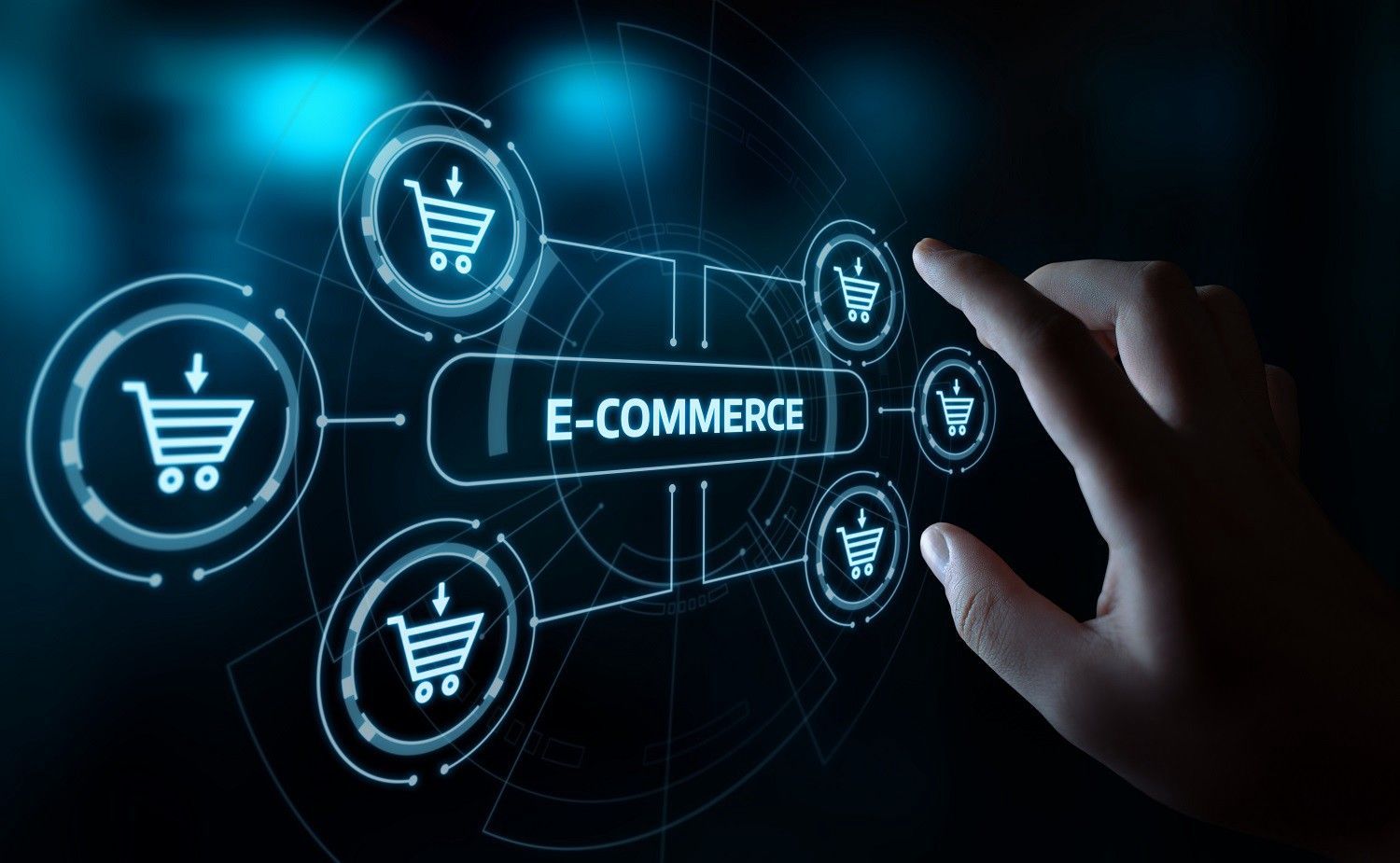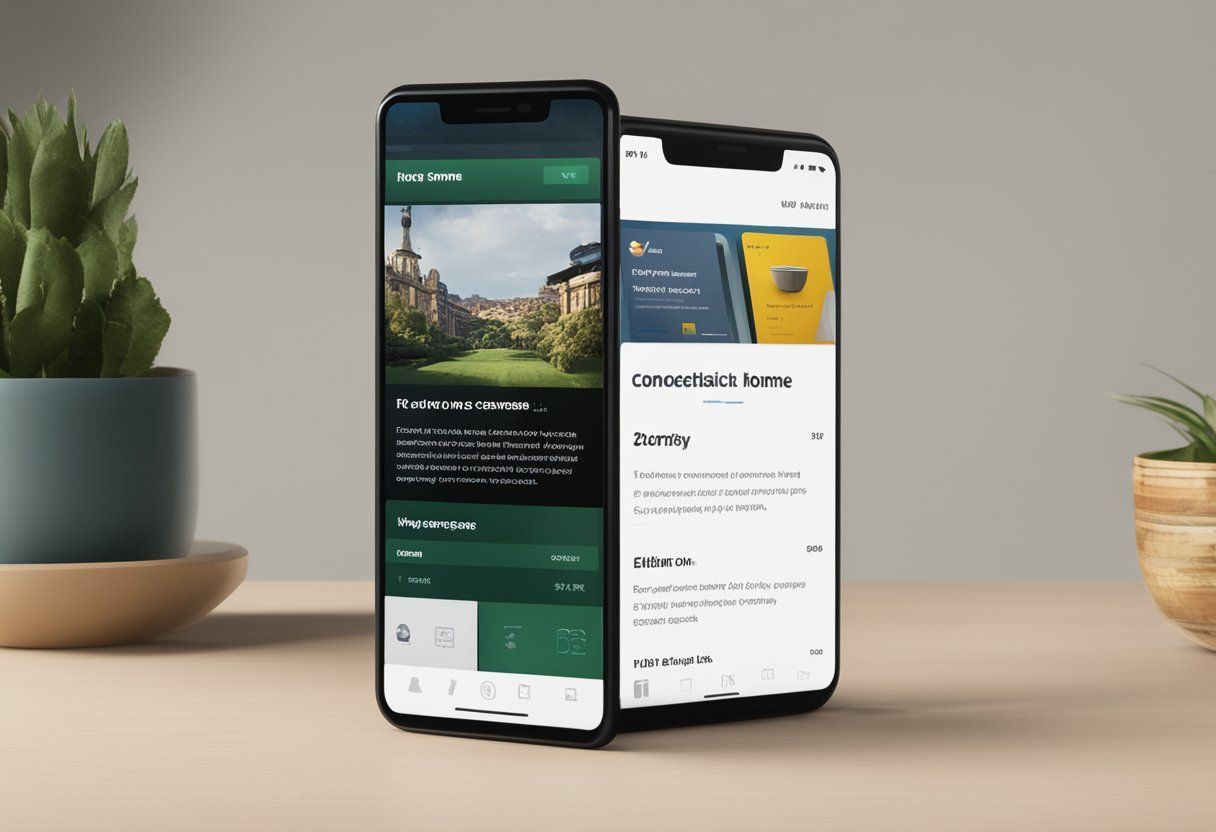PWAs: The Future of E-commerce?
How to Drive Sales with Progressive Web Apps

As e-commerce continues to dominate the retail landscape, businesses are constantly exploring innovative strategies to captivate consumers and drive sales. Progressive Web Apps (PWAs) are emerging as a transformative technology in this space, offering the best of web and mobile app features. With capabilities like faster loading times, improved browsing experiences, and enhanced mobile compatibility, PWAs are becoming an essential component of successful e-commerce strategies.
Speed and Performance
One of the most significant advantages of PWAs for e-commerce is their lightning-fast loading times. In the digital age, speed is currency. Google reports that a one-second delay in mobile load times can impact conversion rates by up to 20%. PWAs address this issue head-on by using service workers to cache key resources, enabling almost instantaneous loading after the initial visit. This not only enhances the user experience but also boosts SEO rankings, as page speed is a critical factor in Google’s algorithm.
The swift performance of PWAs means that customers can navigate through catalogs, add items to their carts, and complete purchases much faster compared to traditional websites. This speed translates directly into increased conversions, as customers are less likely to abandon a transaction due to frustration with sluggish page loads.
Seamless Browsing Experience
PWAs provide a seamless, app-like browsing experience without the need for consumers to download a heavy application. This is particularly beneficial for new or occasional customers who might be hesitant to commit to installing an app. With a PWA, e-commerce businesses can offer these users a high-quality, native-app interface directly in their web browser, complete with smooth transitions and responsive interactions.
This app-like experience is also maintained across all devices, ensuring that whether a customer is shopping on a desktop, tablet, or smartphone, they receive a consistent, quality experience. This uniformity helps in building brand reliability and customer trust, which are crucial for driving repeat business.
Offline Capabilities
Another standout feature of PWAs is their ability to function offline or in low network conditions. By caching data effectively, PWAs allow customers to continue browsing products and even adding them to their carts without an active internet connection. Once the connection is restored, the PWA can synchronize the data. This functionality is particularly advantageous for reaching customers in areas with unstable internet connections or for those who are on the move, thus widening the potential market.
Push Notifications
Push notifications are a powerful tool used by PWAs to enhance customer engagement and drive sales. Unlike traditional e-commerce platforms that rely on emails or SMS, PWAs can send instant, personalized notifications directly to a customer’s device. These can be used to alert customers about new arrivals, special discounts, or abandoned cart reminders, prompting them to complete purchases and thereby directly boosting sales.
Easy Maintenance and Updates
From a business perspective, PWAs are easier and more cost-effective to maintain than native apps. Since they utilize a single codebase across all platforms, updates can be rolled out universally and instantaneously without requiring user intervention to update an app from the store. This ease of updating ensures that all customers have access to the latest offers and functionalities, enhancing the shopping experience and supporting sales initiatives.
Conclusion
Considering their numerous benefits, it’s clear that Progressive Web Apps represent a compelling future for the e-commerce sector. By providing faster load times, a smoother browsing experience, offline capabilities, and engaging features like push notifications, PWAs not only enhance the customer experience but also drive significant sales growth. As more businesses recognize these advantages, we can expect PWAs to become a standard in e-commerce technology, reshaping how retailers connect with their customers online.







